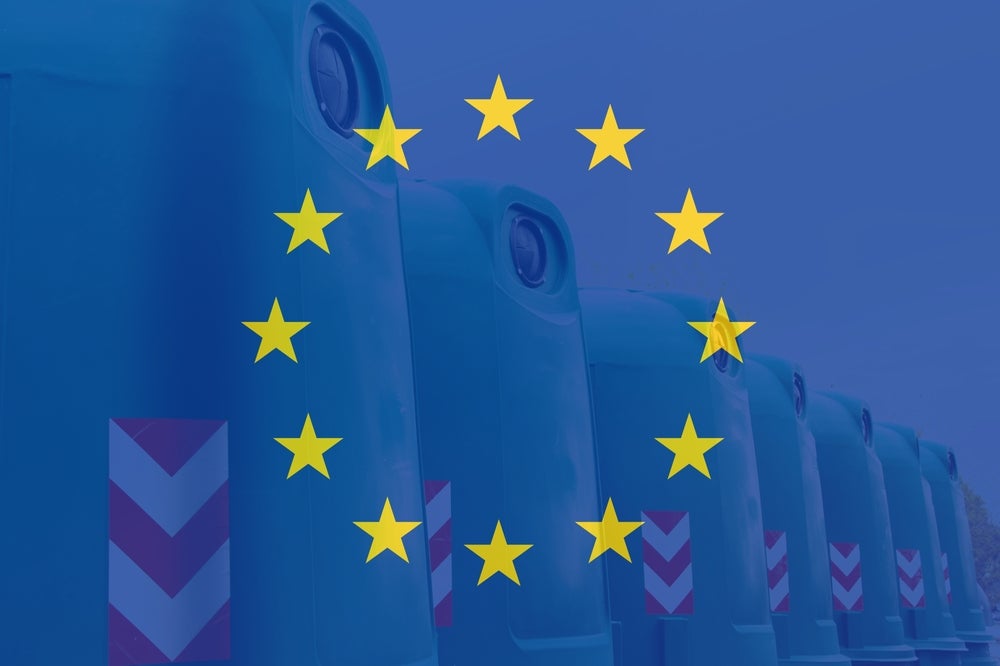
As MEPs prepare to vote on the proposed EU Packaging and Packaging Waste Regulation (PPWR), industry bodies UNESDA Soft Drinks Europe and Natural Mineral Waters Europe (NMWE) are calling for priority access to recyclates.
According to the organisations, priority access brings several benefits by promoting closed-loop recycling where technically possible and providing manufacturers with reliable access to recycled materials, enabling them to achieve the EU mandatory recycled content targets. It is also said to encourage other sectors to invest in the collection and recycling of their own products, ultimately contributing to a more circular economy.
Under the current EU regimes for recycled plastic in food contact, only recycled PET (rPET) is authorised. Therefore, securing a stable supply of rPET for beverage manufacturers is viewed as essential to meet EU-mandated recycled content targets.
However, a major challenge is the downcycling of PET beverage bottles. According to a 2022 study by Eunomia and Zero Waste Europe, approximately 68% of PET beverage bottles collected for recycling are downcycled into other PET product applications, from which they cannot be recycled back into rPET.
Downcycling reportedly breaks the recycling loop and restricts the overall rPET supply. The resultant price volatility can also delay investments in recycling, particularly on the part of SMEs.
Priority access to recyclates in Sweden and Slovakia
UNESDA and NMWE’s call is supported by deposit and return system (DRS) operators from Sweden and Slovakia, where a priority access principle is already implemented.

US Tariffs are shifting - will you react or anticipate?
Don’t let policy changes catch you off guard. Stay proactive with real-time data and expert analysis.
By GlobalDataThe Swedish Brewers managing director Anna-Karin Fondberg explains: “We see the value of having a priority access to recycled content enshrined within the Swedish DRS. This has proven to be a crucial element to secure a consistent supply of recycled content, enabling the industry to meet the EU’s recycled content targets.”
Fondberg’s statement was echoed by the Slovak DRS Administrator director of external affairs and communications Lucia Morvai, who calls a priority access right to recycled material “fundamental” and “absolutely necessary”.
NMWE secretary general Patricia Fosselard commented: “The beverage industry has demonstrated the effectiveness of a closed-loop model, but a consistent supply of recycled material is critical to incentivise investment, realise the full potential of this model and boost resource efficiency. We are not asking for special treatment. The principles of a priority access right should apply universally to any sector committed to closed-loop recycling.’’
UNESDA director general Nicholas Hodac adds: “The European Parliament’s ENVI Committee’s support for a priority access principle was a positive step towards enabling a circular economy. Wider MEPs’ support is now needed to ensure that this legal mechanism for recyclates is secured in the PPWR proposal.”



